Jeremy Cliffe in New Statesman:
 It says something about Lin-Manuel Miranda’s genius that he even managed to make fiscal integration catchy. In his musical Hamilton, the eponymous treasury secretary raps:
It says something about Lin-Manuel Miranda’s genius that he even managed to make fiscal integration catchy. In his musical Hamilton, the eponymous treasury secretary raps:
If we assume the debts, the union gets
A new line of credit, a financial diuretic
How do you not get it?
If we’re aggressive and competitive
The union gets a boost
You’d rather give it a sedative?
Miranda picked his subject well: resurrecting Alexander Hamilton from the economic history books and remaking him as a Broadway icon. Hamilton deserved no less. From a post-revolutionary muddle of individual American states he forged a coherent and unified nation, defying states-rights zealots such as Thomas Jefferson and using debt mutualisation to bind the new federation together. Even today, American power and prosperity rests on Hamilton’s intellectual victory over Jefferson. It is much harder to imagine a hit Broadway musical about Olaf Scholz, the former mayor of Hamburg and Germany’s current finance minister: “I’m a Hanseat/Saving’s where I’m at/That dude Salvini will make me rupture a spleen-i/If he persistently defies the Stability and Growth Pact.” If Europe was ever to experience a “Hamiltonian moment”, a grand mutualisation of debts forging a world-beating, unified economy, it would probably have begun in 2018. Unfortunately, it did not.
More here.

 You’d think that scientists at an international conference on obesity would know by now which diet is best, and why. As it turns out, even the experts still have widely divergent opinions. At a recent meeting of the Obesity Society, organizers held a
You’d think that scientists at an international conference on obesity would know by now which diet is best, and why. As it turns out, even the experts still have widely divergent opinions. At a recent meeting of the Obesity Society, organizers held a  The day before Thanksgiving I got this wonderfully understated text from a close friend:
The day before Thanksgiving I got this wonderfully understated text from a close friend: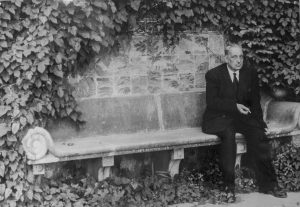

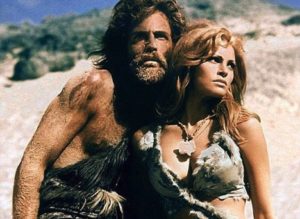


 Our uniform was a shirt tucked into jeans. Sandi stretched the smallest size over well-proportioned breasts, her black bra peeking through a run of buttons. Mine hung long in the sleeves and fell over my waist.
Our uniform was a shirt tucked into jeans. Sandi stretched the smallest size over well-proportioned breasts, her black bra peeking through a run of buttons. Mine hung long in the sleeves and fell over my waist.

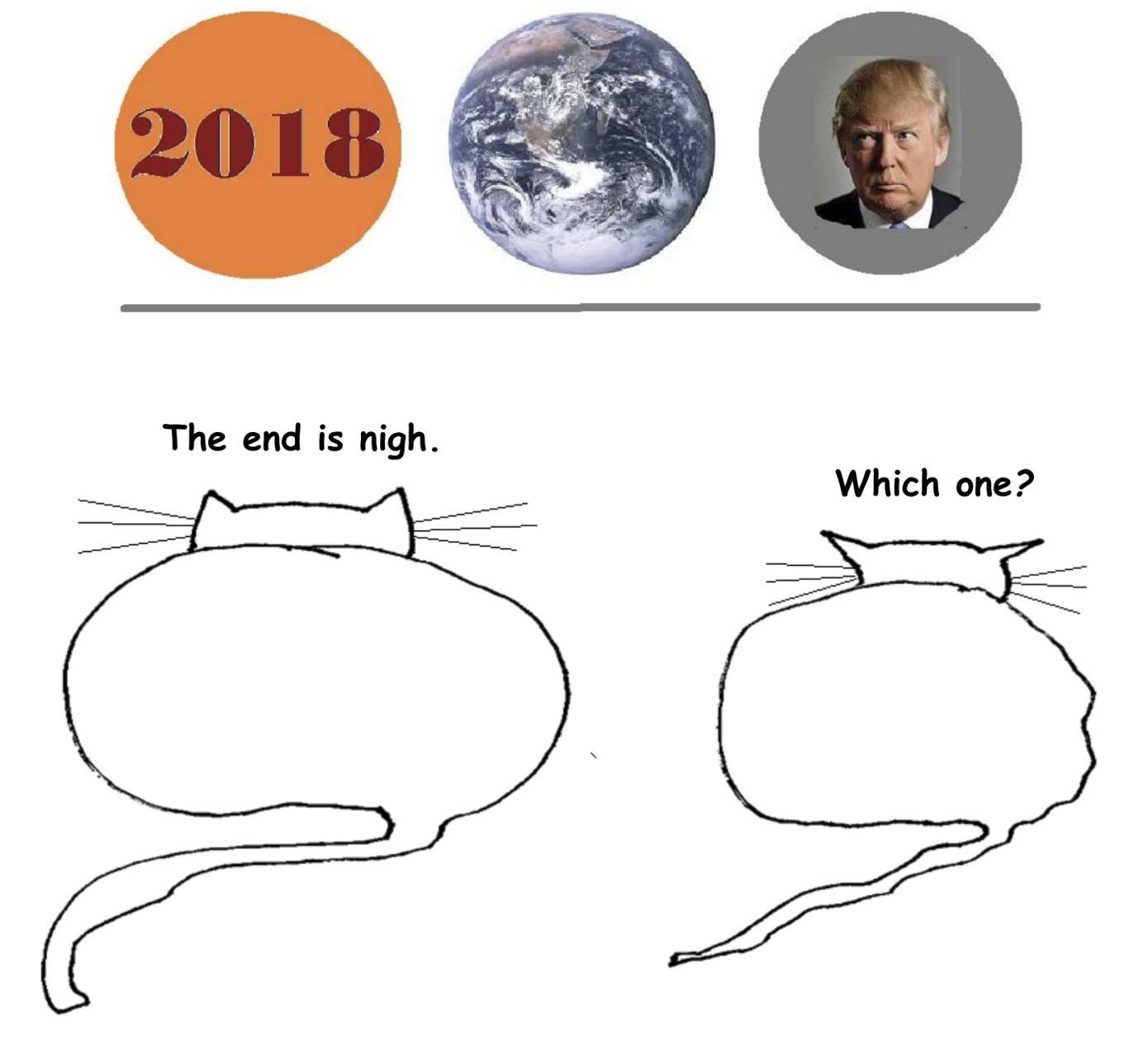
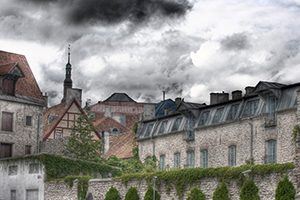 In the middle of the night of March 24, 1992, a pressure seal failed in the number three unit of the Leningradskaya Nuclear Power Plant at Sosnoviy Bor, Russia, releasing radioactive gases. With a friend, I had train tickets from Tallinn, in newly independent Estonia, to St. Petersburg the next day. That would take us within twenty kilometers of the plant. The legacy of Soviet management at Chernobyl a few years before set up a fraught decision whether or not to take the train.
In the middle of the night of March 24, 1992, a pressure seal failed in the number three unit of the Leningradskaya Nuclear Power Plant at Sosnoviy Bor, Russia, releasing radioactive gases. With a friend, I had train tickets from Tallinn, in newly independent Estonia, to St. Petersburg the next day. That would take us within twenty kilometers of the plant. The legacy of Soviet management at Chernobyl a few years before set up a fraught decision whether or not to take the train. It’s been a while since I posted on this issue, and I’ve already said most of what I intended to say about it, but things seem to be coming to a head in my own state, and I thought I’d report on that, including a couple of weird local wrinkles (the Garden State is a strange place). Three weeks ago, after months of missed deadlines, an adult-use marijuana legalization bill was approved by a joint (Assembly/Senate, that is, not … never mind) committee of the legislature, and may (note: may) be voted on later this year. If it is passed and signed into law by the governor – neither of which is a given – New Jersey would be the eleventh state to legalize adult use, and the second to do so by legislative action. (Washington and Colorado in 2012, Alaska and Oregon in 2014, California, Massachusetts, Maine, and Nevada in 2016, and Michigan in 2018 did so by voter referendum; Vermont did so by legislative action (in 2017, I think), although that state’s bill did not set up a legal market, which means that while it is legal to grow marijuana in one’s basement there, it remains illegal to buy seeds to do so.)
It’s been a while since I posted on this issue, and I’ve already said most of what I intended to say about it, but things seem to be coming to a head in my own state, and I thought I’d report on that, including a couple of weird local wrinkles (the Garden State is a strange place). Three weeks ago, after months of missed deadlines, an adult-use marijuana legalization bill was approved by a joint (Assembly/Senate, that is, not … never mind) committee of the legislature, and may (note: may) be voted on later this year. If it is passed and signed into law by the governor – neither of which is a given – New Jersey would be the eleventh state to legalize adult use, and the second to do so by legislative action. (Washington and Colorado in 2012, Alaska and Oregon in 2014, California, Massachusetts, Maine, and Nevada in 2016, and Michigan in 2018 did so by voter referendum; Vermont did so by legislative action (in 2017, I think), although that state’s bill did not set up a legal market, which means that while it is legal to grow marijuana in one’s basement there, it remains illegal to buy seeds to do so.)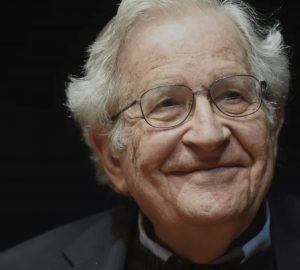 Noam Chomsky was aptly described in a New York Times book review published almost four decades ago as “arguably the most important intellectual alive today.” He was 50 then. Now he is 90, and on the occasion of his December 7 birthday, the German international broadcasting service Deutsche Welle
Noam Chomsky was aptly described in a New York Times book review published almost four decades ago as “arguably the most important intellectual alive today.” He was 50 then. Now he is 90, and on the occasion of his December 7 birthday, the German international broadcasting service Deutsche Welle  In the spring of 2015, with my colleagues at the Breakthrough Institute, I helped to organize and publish
In the spring of 2015, with my colleagues at the Breakthrough Institute, I helped to organize and publish 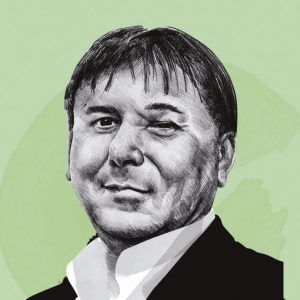 Ivan Krastev’s last book landed like a warning shot on the desks of policymakers across the Continent. In his short 2017 volume, “After Europe,” the Bulgarian thinker warned that what had been until then widely regarded as a series of isolated shocks — the migration crisis, Brexit, the election of U.S. President Donald Trump, and the rise of
Ivan Krastev’s last book landed like a warning shot on the desks of policymakers across the Continent. In his short 2017 volume, “After Europe,” the Bulgarian thinker warned that what had been until then widely regarded as a series of isolated shocks — the migration crisis, Brexit, the election of U.S. President Donald Trump, and the rise of  You take a flight from New York to London. Thousands and perhaps millions of people — including ticket agents, baggage handlers, security personnel, air traffic controllers, pilots, and flight attendants, but behind the scenes also airline administrators, meteorologists, engineers, aircraft designers, and many others — cooperated to get you there safely. No one stole your luggage, no one ate your in-flight food, and no one tried to sit in your seat. In fact, the hundreds of people on the airplane, despite being mainly strangers, behaved in an entirely civilized and respectful manner throughout.
You take a flight from New York to London. Thousands and perhaps millions of people — including ticket agents, baggage handlers, security personnel, air traffic controllers, pilots, and flight attendants, but behind the scenes also airline administrators, meteorologists, engineers, aircraft designers, and many others — cooperated to get you there safely. No one stole your luggage, no one ate your in-flight food, and no one tried to sit in your seat. In fact, the hundreds of people on the airplane, despite being mainly strangers, behaved in an entirely civilized and respectful manner throughout.